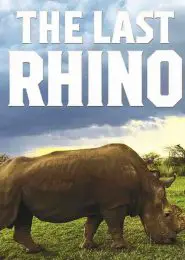The Planet of Life (2003)
In The Planet of Life documentary, the exploration of ecosystems reveals fascinating insights. Coral reefs, for instance, are vibrant underwater cities bustling with activity. They provide homes for countless marine species.
Furthermore, these reefs are crucial for coastal protection, acting as natural barriers against storms and erosion.
Moreover, the documentary highlights the delicate balance within ecosystems. Predators and prey engage in a perpetual dance of survival.
For instance, the relationship between the lion and the wildebeest on the African savanna showcases this dynamic.
Lions hunt wildebeests, controlling their population. This, in turn, prevents overgrazing and maintains the health of the grasslands.
Additionally, the film dives into the role of biodiversity in sustaining life on Earth. The Amazon rainforest, known as the “lungs of the planet,” produces a significant portion of the world’s oxygen.
In addition, it harbors an astounding array of plant and animal species, many of which are yet to be discovered.
However, human activities pose a threat to these fragile ecosystems. Deforestation, pollution, and climate change endanger the delicate balance of nature.
For example, the rapid decline of bee populations due to pesticide use jeopardizes food security and ecosystem stability.
At the end of the documentary, a message of hope emerges. Conservation efforts around the world are making a difference. Protected areas, sustainable practices, and community involvement are key strategies in preserving biodiversity.
Moreover, raising awareness about the importance of ecosystems is crucial for inspiring action and fostering a sense of stewardship towards the planet.
In conclusion, The Planet of Life documentary offers a compelling journey into the intricate web of life on Earth. It underscores the vital importance of preserving ecosystems for future generations.
Through storytelling and stunning visuals, it delivers a powerful message about the interconnectedness of all living things.




